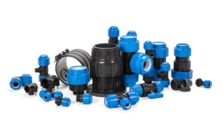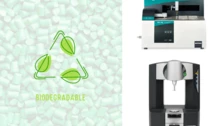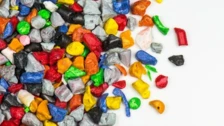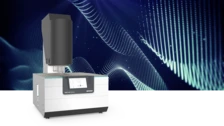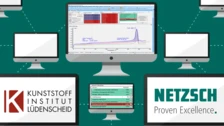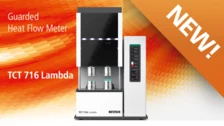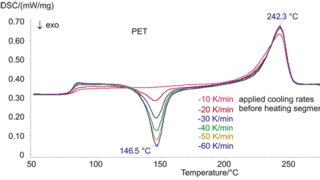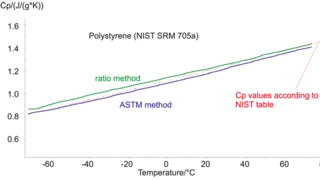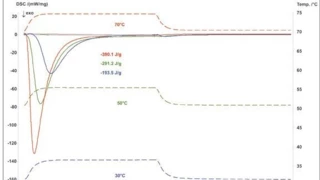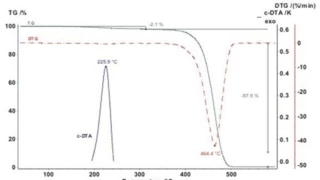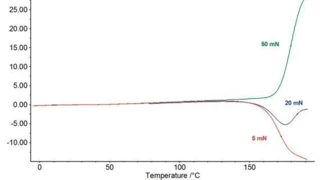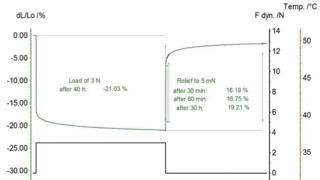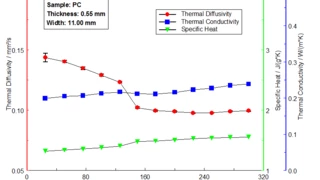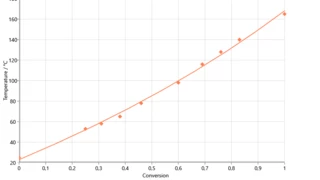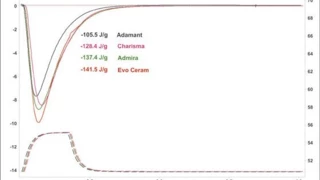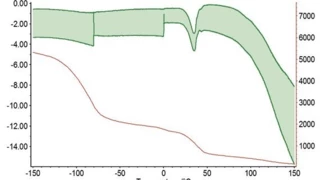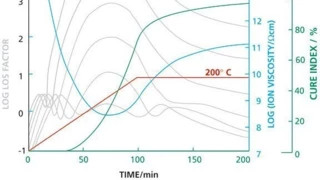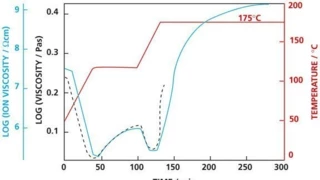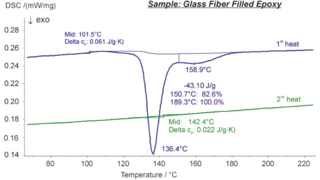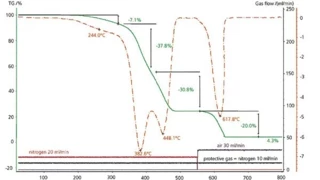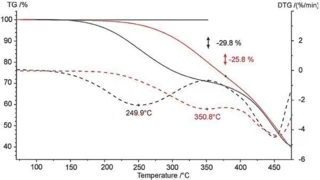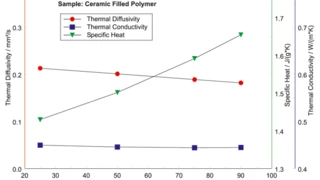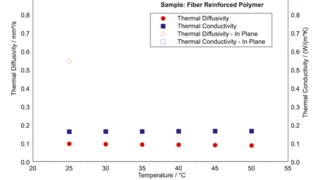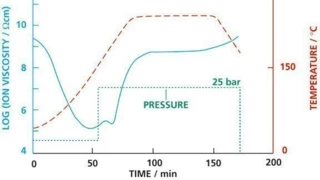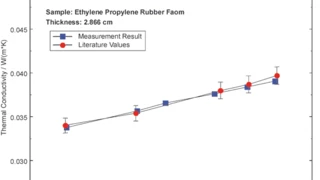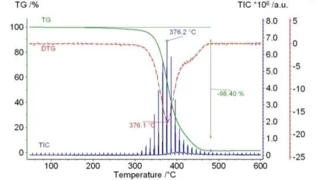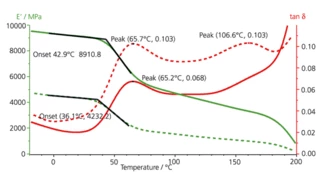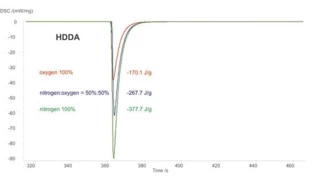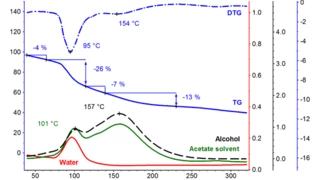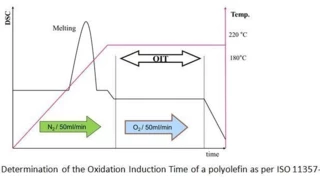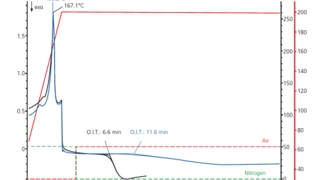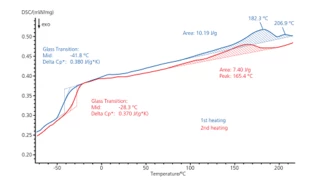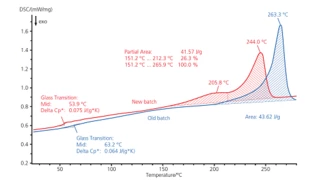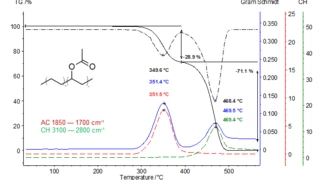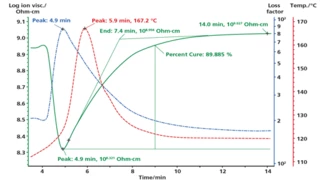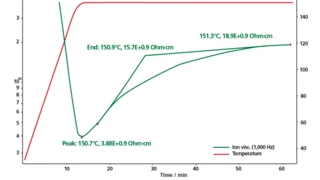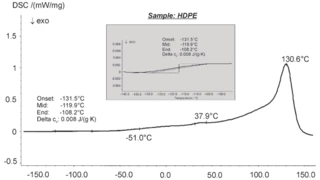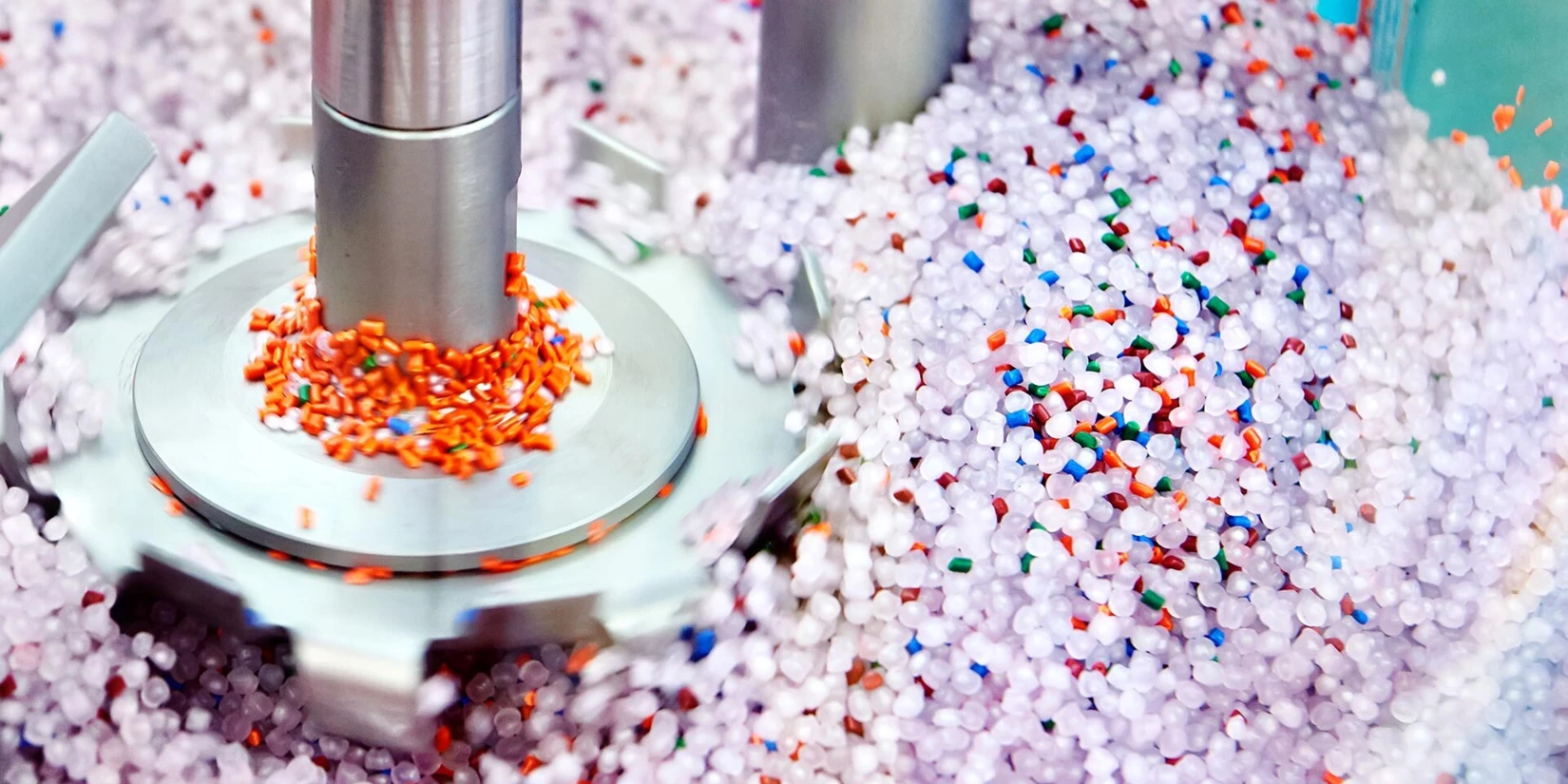
Matériaux & Applications
Polymères
Nos instruments analytiques servent à déterminer les effets thermiques caractéristiques et les données matériaux: par exemple la fusion/CristallisationCrystallization is the physical process of hardening during the formation and growth of crystals. During this process, heat of crystallization is released.cristallisation des thermoplastiques, les transitions vitreuses, la stabilité thermique et la composition des mélanges de caoutchouc, la réticulation des matériaux thermodurcissables, et les valeurs des coefficients d’élasticité de composites anisotropiques.
La méthode thermoanalytique N°1 pour les polymères est la DSC, avec celle-ci les effets thermiques et les grandeurs de certaines propriétés telles que la fusion, la cristallisation, la réticulation, la transition vitreuse, la chaleur spécifique et l’oxydation peuvent être déterminées.

„The plastics industry is driven by a constant stream of fast-paced innovation.
It transforms cars into lightweights enabling fuel efficiency and e-drives, it puts a camera in every smartphone through inexpensive production of complex optical lenses, it is a key driver of the 4th industrial revolution of Additive Manufacturing, and much more.
Our products for thermal and rheological analysis of plastics have provided our customers with some of the key tools needed for this innovation. We thrive to continuously support the industry by improving our instruments and offering our expertise in polymer analysis.“
Thermal Analysis and Rheology in the Plastics Industry
During processing, polymers are typically heated to make them flow into a new shape and then cooled to solidify. Therefore, both the material behavior as a function of temperature and their flow behavior need to be understood.
To obtain the desired product properties, functional additives and fillers are compounded into a base polymer and the effectiveness of these modifications needs to be studied.
Last but not least, plastic products undergo various temperature changes during their service life and their behavior under these thermal conditions needs to be known during the part design stage.
All of this can be understood using Thermal Analysis and Rheology equipment. We at NETZSCH Analyzing & Testing have the right devices and methods to get the job done.
Additive Manufacturing with Polymers
Additive Manufacturing (AM) or 3D printing has matured over the last decades and has become a constant in our product design and development cycles and is debuting in more and more new products.
Polymers and their unique properties are key enablers for the majority of AM technologies – ranging from low viscosity, UV curable resins to polymer powders with distinct melting and crystallization behavior.
To develop and select suitable materials, optimize processing and processes and analyze the finished products, understanding the material-process interactions through thermal analysis and rheology methods are instrumental.
We at NETZSCH Analyzing & Testing can help you identify the most suitable device and method for your needs.
Plastics Circular Economy
In a circular economy we use the most suitable resources and materials, keep these resources in use for as long as possible, extract the maximum value from them whilst in use, and then recover and regenerate materials at the end of their service life or make sure they decompose without harm to the environment.
The unique characteristics of plastics enable them to play a major role on the path to such a more sustainable and resource efficient future. Lightweight, versatile and durable plastics can help save key resources such as energy and water in strategic sectors that include packaging, building and construction, automotive and renewable energy, to only name a few.
We at NETZSCH Analyzing & Testing have technologies that improve the identification and re-processing of recycled waste, help analyze microplastics and enable the development and processibility of bioplastics.
NETZSCH for Educators
Introductory course slides for thermal analysis and rheology on plastics
We have created an extensive set of introductory course slide decks that can be used by professors and other educators involved in teaching polymer classes. This service is free of charge.
Littérature d'application


